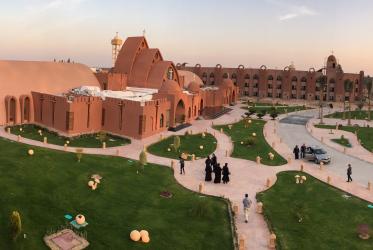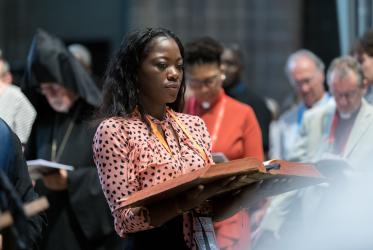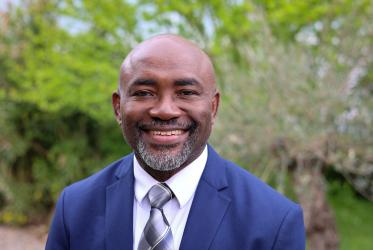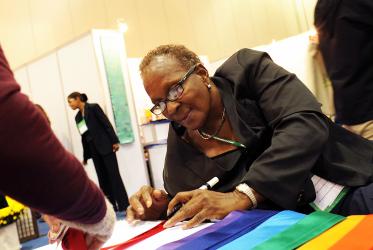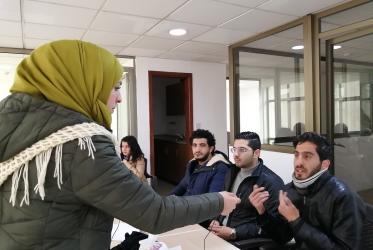Displaying 1 - 20 of 179
WCC will host consultation on evangelism and formation in Latin America
20 September 2023
Migrants in Argentina find listening ears and open hearts
04 November 2022
Promoción de la dignidad humana a través del arte
07 September 2022
Promoting human dignity through art
06 September 2022
In a COVID-stricken world, “everyone is important”
23 October 2020
Are migrants seen and heard? Conference presses the question
19 October 2020


